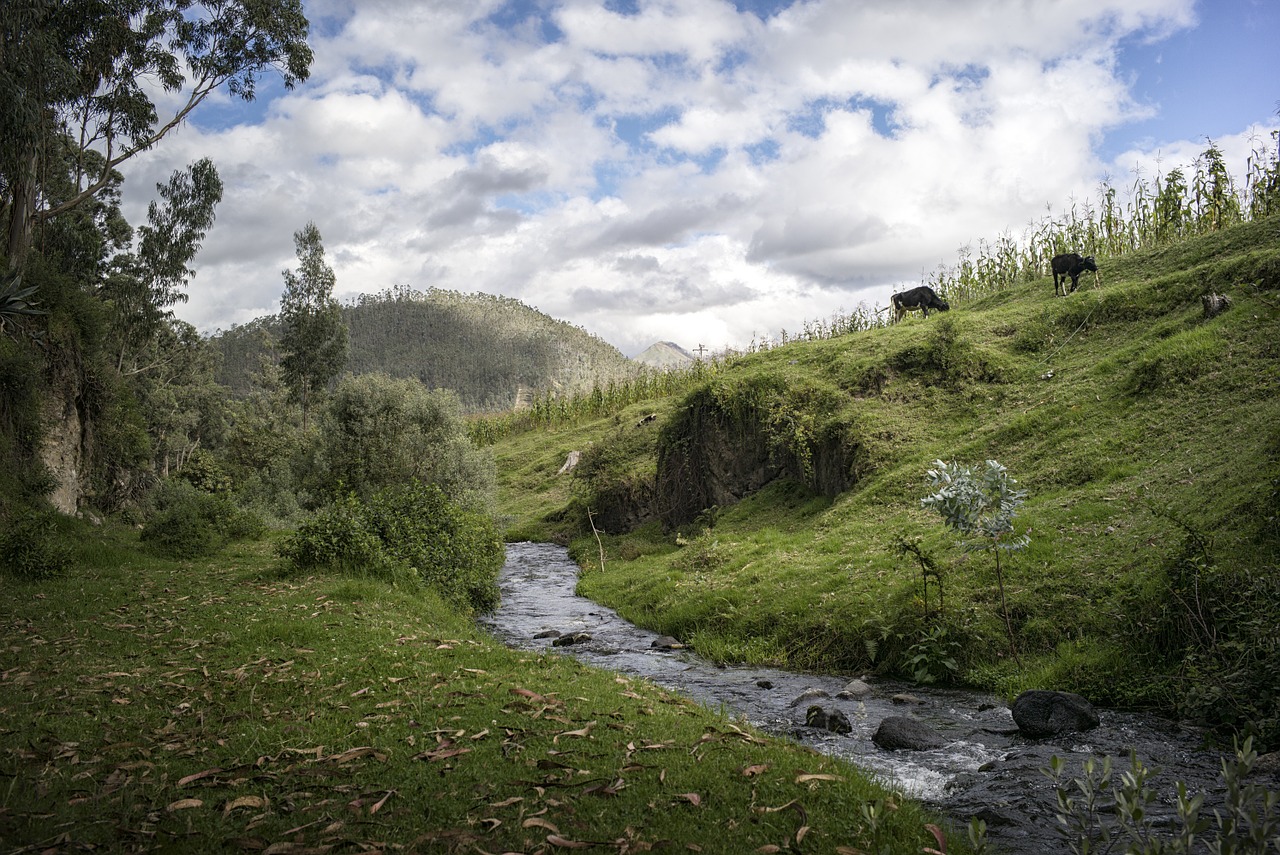Can Small-scale Mountain Agriculture Survive Global Warming?
Author: Bob Berwyn | Published: February 15, 2017
The story of global warming is most often told as an unfolding disaster, but humanity’s response offers a unique chance at planetary redemption. We are morally obligated to act on existing scientific evidence, to act as though our lives depend on it — because they do.
Visionary Austrian mountain man Sigfried Ellmauer has been busy building a better world for the past 15 years or so. Wiry and intense, he welcomes us to Berghof Thurnergut, his mountain farm and lodge near Spital am Pyhrn, in the limestone Alps near the geographical center of Austria. Just as the Alps sustained stone age migrants like the famed Ötzi iceman, Ellmauer says, the region could become a future oasis from global warming.
But that has to work economically, and that means honestly valuing the goods and services produced on the seasonal alpine pastures — called Alms — Ellmauer says, outlining a pragmatic vision for renewal that’s based on common-sense wisdom and grassroots involvement. In the past 12 years, he’s led more than 10 projects to revitalize abandoned high-elevation Alms. First he identifies potential caretakers, like the Pöchacker couple at the Herrenalm, and organizes volunteer work parties to refurbish buildings and prep pastures by removing brush and setting up fence lines.
“It’s important to keep these Alms alive because they can provide local food,” he says. “But it’s not going to be easy. There are many forces pushing against the survival of small farms.”
As he shows us how he uses local materials and time-proven traditional construction techniques to build a tree house for a planned outdoor camp, he says, “People will ultimately not value the protection of nature unless they spend some time living in a way that makes them realize they are connected to nature, and part of nature.”
But he also understands the political and economic realities of agricultural policy in Austria. For more than a decade, Ellmauer was the official Alm administrator in the agriculture department of Upper Austria, responsible for ensuring the sustainability of hundreds of Alms scattered across the mountains between Linz and Salzburg, as required under Austrian law.
But that doesn’t mean that the government always puts its mouth where its money is.
“The politicians are always willing to come and make a speech when the cows come home to the valley, bells ringing and covered in flowers. But when it comes to voting for agriculture policies, the same ones often support industrial-scale food production and benefits for producers that export,” he says. “That’s not going to help sustain local food production.”

